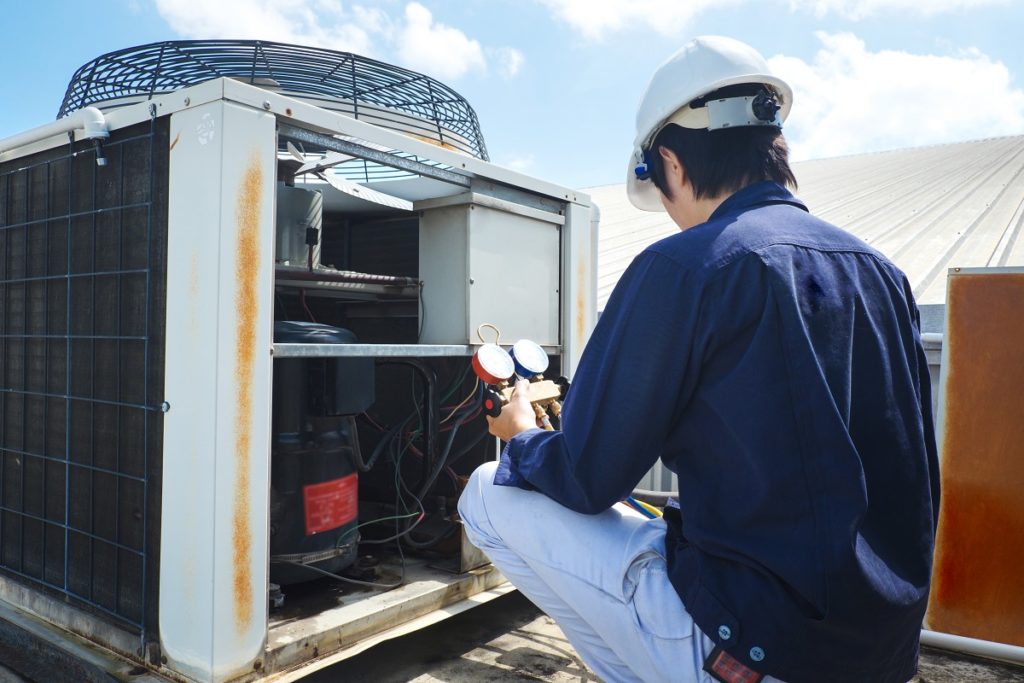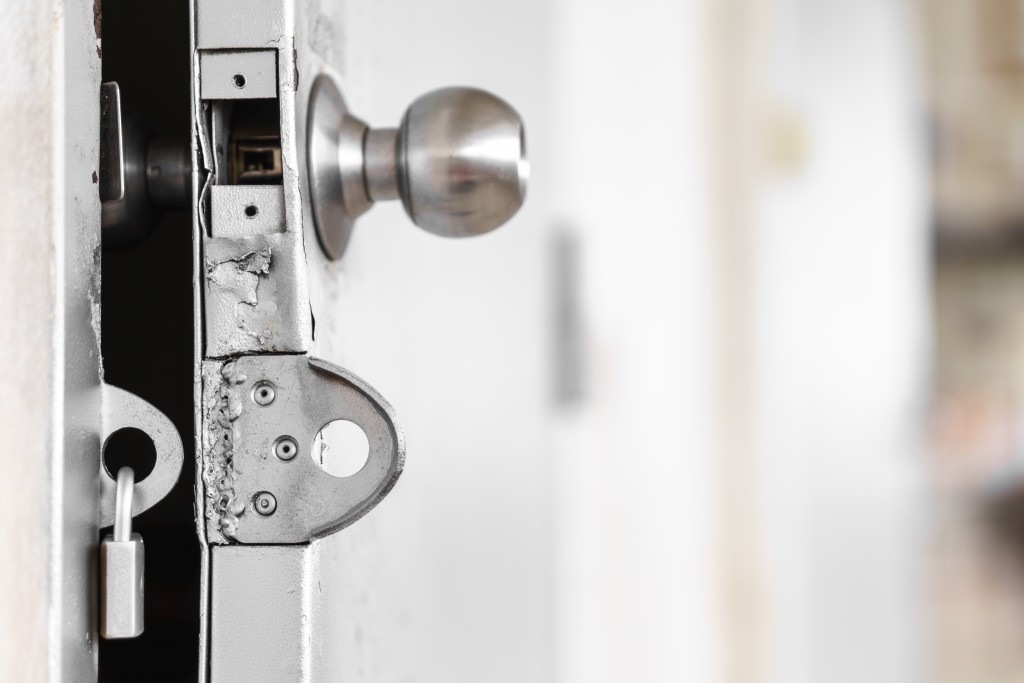For many people, nothing beats than owning a home. Often, though, getting the right one is all about the right time. In Australia, when should you consider buying a property?
Whether you’re looking for real estate for sale or other properties of your choice, here are the best times to start hunting:
1. Do It Now
Recent data suggests that housing prices in Australia have fallen significantly over the past few months. This is especially true in popular cities, such as Sydney, Brisbane, and Melbourne.
Together, prices dropped by 2% since April 2020. Every month, it slid by 0.8%. The economists further shared that they might continue to go down because of economic uncertainty and the COVID-19 shutdown.
But like stocks, the prices can climb fast as well. This could happen when Australia’s economy begins to recover. Moreover, with more people working from home, several experts believe it’s easier for them to relocate.
2. When You Want to Buy at Pre-selling
In real estate, there’s much debate on whether one should buy a property at pre-selling or not. Each has its pros and cons, but since you want to spend less on a home, pre-selling is the way to go.
What is a pre-selling property? It is a land or building (or both) sold before they are completely utilized or complete. It could take months or years before you can move in. However:
- The price is way lower than a complete building.
- You can take your time to pay for the property.
- It feels like your money is used to build the home.
- You don’t need to spend all your savings in one go.
- You are more likely to qualify for a mortgage.
- The mortgage can be lower.
3. When You Can Pay a Higher Deposit
To qualify for a mortgage, you need to pay a deposit, but the amount can vary depending on the lender. The lowest rate so far is 5% of the home price. While it provides plenty of wiggle room and attracts first-time home buyers, paying this low can be detrimental in the long run.
First, you will have to pay more for your lender’s mortgage insurance (LMI). This is a policy that guarantees the lender they will receive the loan in case you default or die.
This is usually 5% of the total home price and is an addition to the total costs of the property. But it could decrease if you deposit at least 30%.
Second, it could take longer for you to build equity on the property. Moreover, your offer can be less appealing to the seller, especially if the house is hot in the market.
4. When Your Credit Score Is at Least 510

Having a low credit score doesn’t mean you cannot apply for a home loan. However, your chances of getting approved are slim. If you are approved, the interest rate is usually high. You might struggle to pay the mortgage over time.
But what’s the best credit score? It depends on the lender, but strive to reach at least 622, which is an average score. Lenders will have to consider other factors, such as your income, to determine if you qualify.
If you want to reduce the hassle of paperwork or documentation, aim for at least 622. The ideal score, though, is between 833 and 1200. Not only are your interest rates low, but you will have access to a lot of home loans, giving you flexibility and control.
If you have a low credit score, it can take about six months to a year to improve it. During this period, you can:
- Enhance your thin credit history. Consider getting smaller loans that can reflect on your report and pay them on time.
- Save more on your deposit. This way, you can spend less on LMI.
- Negotiate existing loans. Perhaps you can consolidate them to help you manage payments better. You can also restructure some that you struggle with paying.
- Study the various home loan program. Find out which suits your needs and budget better.
5. When You Already Know What You Want
In many situations, it could be better to pay a reasonable sum on a home that you truly want than to miss out on the opportunity. Before you house-hunt, consider what you want for a property. Some factors include:
- Location
- Ease of transport
- Size and design of the house
- Neighborhood
- Access or availability of public amenities, such as schools
- Builder reputation
Buying a house is a process that takes time, effort, and money. To avoid wasting your precious resources, be strategic by planning the right time to do it.




